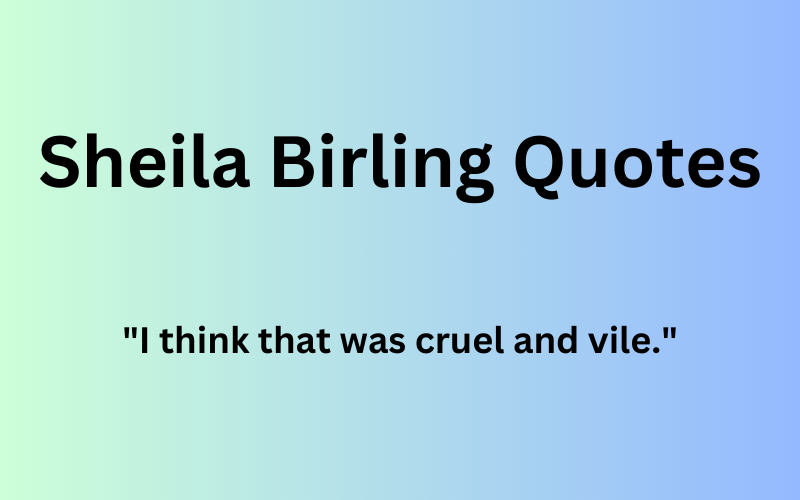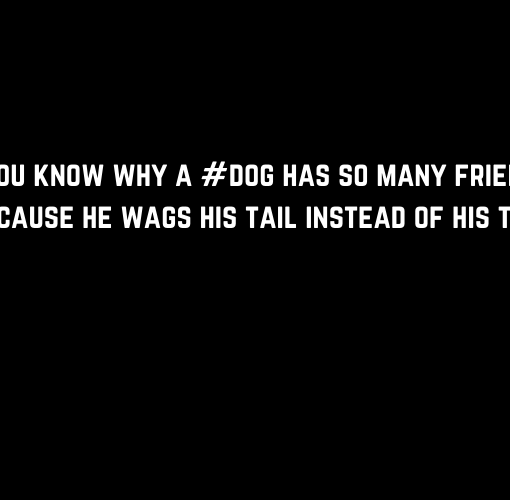
Sheila Birling, a pivotal character in J.B. Priestley’s play “An Inspector Calls,” undergoes significant character development, transitioning from a giddy and naive young woman to someone who grapples with the consequences of her actions. Here, we delve into key quotes highlighting Sheila’s journey and providing insights into her character.
Initially portrayed as a pretty girl in her early twenties, pleased with life and excited about her engagement to Gerald Croft, Sheila’s character evolves as she confronts the harsh realities presented by the mysterious Inspector. It is crucial to understand her character development to contextualize her key quotes and their impact on the play’s themes.
Sheila’s maturation across the acts reflects her growing awareness of social issues, personal responsibility, and the need for change in societal attitudes. As Priestley’s intended message suggests, Sheila represents the more impressionable younger generation, offering hope for a better society if individuals take responsibility for their actions.
Examining Sheila’s key quotes provides a glimpse into her transformation and the broader societal critique woven into Priestley’s narrative:
- “I can’t help thinking about this girl- destroying herself so horribly- and I’ve been so happy tonight. Oh, I wish you hadn’t told me.” Sheila’s distress upon learning about Eva Smith’s tragic fate reveals her empathy and compassion. This quote underscores her humanity and challenges the indifference prevalent in the upper class.
- “But these girls aren’t cheap labor- they’re people.” Sheila’s realization that exploited working-class women are not merely tools for cheap labor but individuals deserving of respect highlights her evolving social conscience. Priestley emphasizes the dehumanization inherent in class-based exploitation.
- “I know I’m to blame – and I’m desperately sorry.” Sheila’s acceptance of responsibility for her role in Eva’s downfall showcases her moral growth. The contrast with her father’s dismissive attitude emphasizes the generational divide in understanding societal consequences.
- “He’s giving us the rope- so that we’ll hang ourselves.” Sheila’s perceptiveness regarding the Inspector’s strategy suggests a deeper understanding of the consequences of their actions. The metaphorical “rope” symbolizes the self-destructive path the upper class is on, further reinforcing Priestley’s social critique.
- “I think that was cruel and vile.” Sheila’s condemnation of her mother’s callous behavior towards Eva Smith reveals her rejection of the ingrained class-based cruelty prevalent in society. This quote reinforces Priestley’s plea for empathy and ethical responsibility.
- “That’s the worst of it.” Sheila’s acknowledgment of the profound impact of their actions, beyond the immediate consequences, emphasizes the far-reaching implications of societal injustices. Priestley aims to instigate reflection on the interconnectedness of individual actions and their societal ramifications.
In the broader context of “An Inspector Calls,” Sheila’s character serves as a conduit for Priestley’s social critique. Through her journey and key quotes, the audience is prompted to question societal norms, class distinctions, and the moral responsibility of the privileged. Sheila’s evolution underscores Priestley’s call for a more compassionate and equitable society, challenging the audience to consider their own roles in shaping the world around them.




